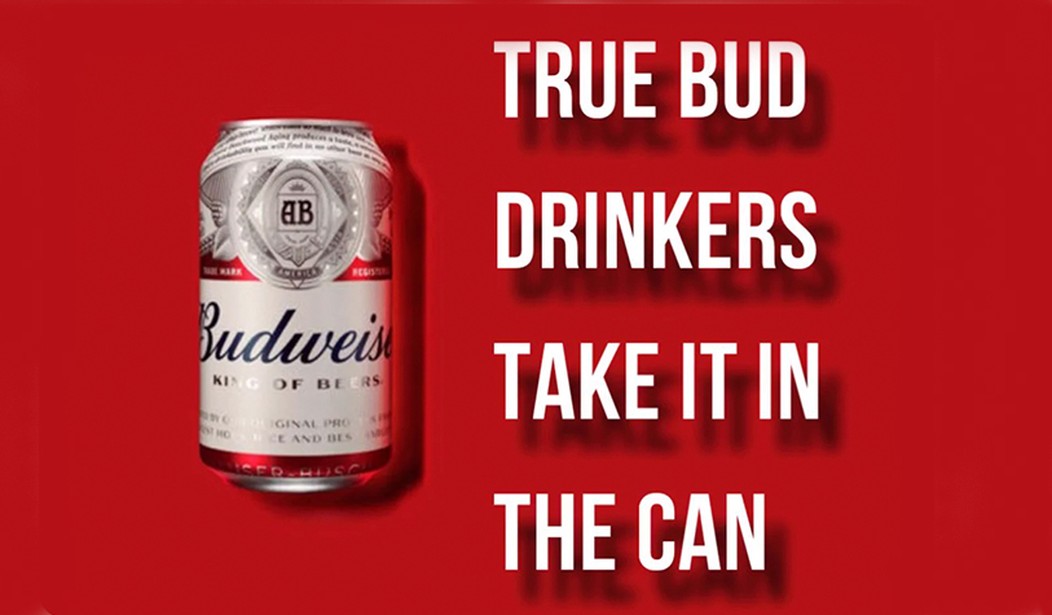I was a bit shocked to see an ad for Budweiser in my Twitter feed.
I knew they had returned to Twitter after an interminable break from the platform and that they were trying to get back into the good graces of their customers, but to see an actually promoted tweet was a bit of a shock. Both because I rarely see ads for anything besides Cheech and Chong gummies, and because Twitter users are especially likely to circle victims like piranha going after a carcass.
Mostly the former. Those Cheech and Chong ads are everywhere, at least in Minnesota where we just legalized weed.
One Sunday closer to the postseason.
Baseball fans, This Bud's For You. pic.twitter.com/z7aCeH4ggj— Budweiser (@budweiserusa) July 30, 2023
The poor marketing folks at AB InBev aren’t just facing an uphill battle. They are like Shoichi Yokoi, the Japanese soldier who hid in the jungles of Guam for 27 years refusing to surrender. The war was lost, but they fight on.
I couldn’t resist checking out the response to the ad and was not disappointed: people are being just as mean to Budweiser today as they were when the Dylan Mulvaney fiasco began.
Given that our attention spans in the 21st century rival those of gnats and houseflies it is remarkable to see the persistence of this cultural battle, and a bit awe-inspiring. After all, 40 years ago Tylenol was temporarily devastated by the actual poisoning of its customers (by a saboteur, for whom we have to thank for all those bottles we cannot open anymore) and it recovered from the disaster almost immediately due to brilliant corporate maneuvering.
Budweiser can’t even post an ad without getting hundreds of hate messages back. It is a master class in how NOT to market to its customer base.

Since the controversy broke Budweiser and Bud Light have been absolutely hammered in the marketplace, and unlike most similar controversies there is no light at the end of the tunnel. Tylenol recovered quickly because they moved heaven and earth to reassure their customers that the company had their best interests at heart.
Budweiser/Bud Light made the mistake of making clear to everybody that they thought their customers were too downscale to serve, and that they wanted to find a better class of customer.
It was the insult, not the Dylan Mulvaney hiring, that sealed Bud Light’s fate. The Mulvaney mistake was survivable; the insults, not so much.
Watch: Bud Light VP stresses need to get beer 'brand in decline' away from 'out of touch' frat boy image to one of 'inclusivity' https://t.co/xG6kftJNZD
— TheBlaze (@theblaze) April 10, 2023
Budweiser is reaping what they have sown, both in sales and in the steady disdain with which they are treated when they reach out to customers. Heineken’s CEO was asked about this earlier today on CNBC, and had what seemed to me to be a weird take:
Heineken’s chief executive says the company has learnt lessons from the social media controversy around a campaign for rival beer Bud Light — but still believes businesses should stand up for their “values.”
“Particularly in the Western world, we do see a lot of polarization in society. And that’s affecting all players, all actors in society, also businesses and also brands,” Dolf van den Brink told CNBC’s “Squawk Box Europe.”
“You have to be thoughtful, you have to be balanced. And at the same time, you need to stand for your values and your principles. And we try to do that to the best of of our abilities,” he continued. “So far, I’m proud of how our brand teams across our operating companies are navigating this new world.”
You would think by now that CEOs would lay off the “values” talk and stick to their knitting.
I want my businesses concered with ETHICS, but no so much with values. I think that is where most customers actually are. Stick to your knitting, do it well, provide a good product but don’t lecture or disdain your customers.
All of this is symptomatic of the growing divide between the ruling class and the rest of us. They look down on us and lecture us about what rubes we are.
Now, at least for Bud and Bud Light, they are getting a taste of their own medicine.








Join the conversation as a VIP Member